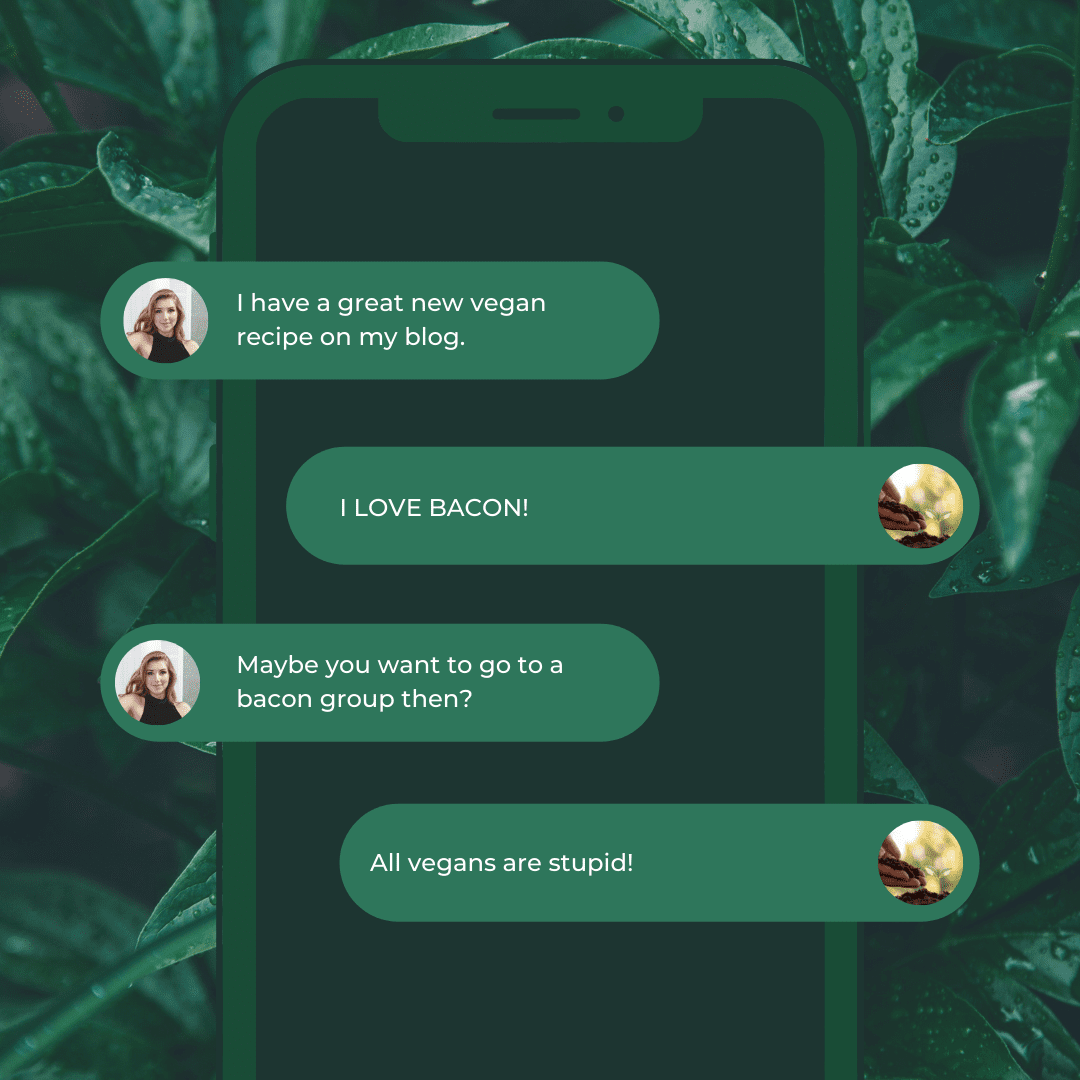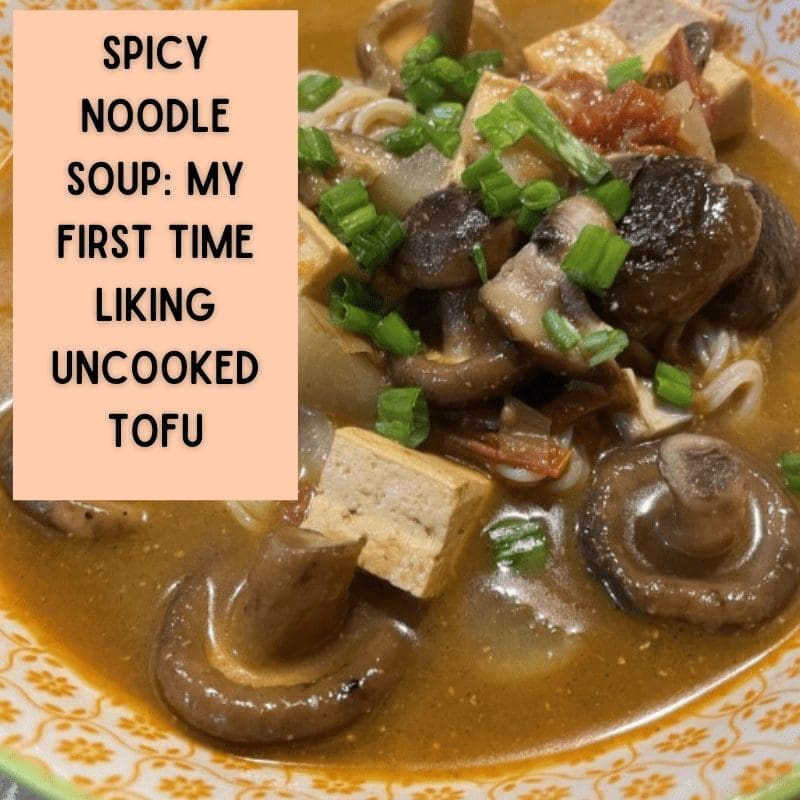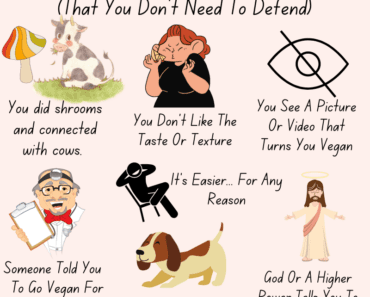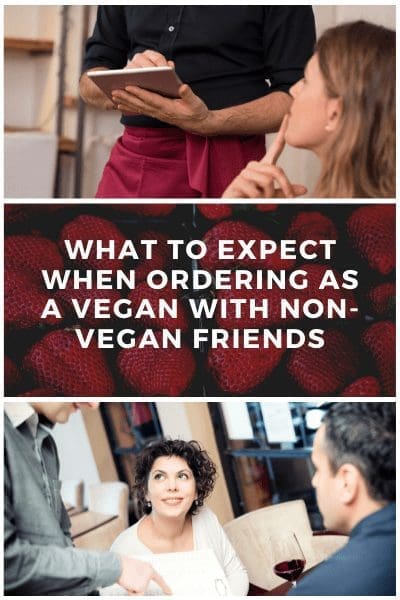Last Updated on February 8, 2024 by Kari
Online forums and social media platforms have become virtual amphitheaters, where I’ve noticed something on the rise: vegan trolling. The act of mocking, baiting, or intentionally upsetting individuals who have made veganism a lifestyle is not only offensive but indicative of a societal malaise—a deficit in understanding and empathy. While it once made me upset, I’ve realized that this behavior is a symptom of a much deeper issue, one that transcends dietary choices and speaks to our fundamental ability to engage with those who see the world through a different lens.
3 Big Reasons For Trolling

Understanding the motivations behind trolling is as complex as the act itself.
Some people have been trolled by vegans for eating meat, and they are returning the favor.
But, more often than not, it is a cocktail of insecurity, defensiveness, and perhaps a lack of substantive education on the topic at hand.
For the vegan receiving these messages, they are more than just a minor irritation—they are indicators of systemic issues within our society’s relationship with food and ethics.
1. Insecurity and Defensiveness
Some who troll hold a vested interest in the status quo, be it through personal habits or industry connections. They want things to stay the same and don’t see change as positive.
The rise of veganism as a mainstream movement challenges these norms, prompting some to react defensively. The comments that follow can be seen as a last-ditch effort to uphold a crumbling paradigm.
2. Misunderstandings and Stereotypes
Trolls often operate under a veil of ignorance, no matter what subject they are trolling people on.
They conflate veganism with extremism, reducing an intricate tapestry of ethics, health, and environmentalism into a single, reductionist view. By doing so, they create an adversarial image of vegans that is easier to vilify and ridicule.
3. Group Mentality and Seeking Validation
The internet’s reach provides a platform where like-minded individuals can congregate, often reinforcing their pre-existing beliefs. These groups can encourage each other to go out and leave hateful comments on posts that mention anything to do with veganism.
In an echo chamber, the act of trolling can not only elicit a laugh from like-minded people, but can also serve as a cooperative assertion of the group’s collective identity. At its heart, this is a quest for validation at the expense of those who deviate.
The Impact On Vegans
Beyond being an online nuisance, trolling has real-life ramifications, especially for those at the receiving end.
Vegans are subjected to a barrage of negativity, which can lead to emotional fatigue and, in some cases, can contribute to disengagement from the very platforms where their voices could make a difference.
Emotional Distress and Discouragement
Receiving hateful or mocking comments is never easy, but when it comes to discussions on sustainability, the welfare of animals, and personal health, the stakes are high.
Aspiring vegans or those considering the switch can be deterred by the hostile environment, which runs counter to the inclusive, nurturing communities that should be a part of such a lifestyle change.
Perpetuation of Negative Stereotypes
The echoes of trolling go beyond individual interactions, seeping into the public consciousness. By perpetuating stereotypes about vegans as zealots or extremists, trolls stifle legitimate conversations about the merits and challenges of plant-based diets.
Hindrance to Productive Conversations
For every snide remark, there is a missed opportunity. Instead of engaging in discussions that could lead to greater shared understanding, energy is diverted into defense mechanisms. The result is a series of unproductive exchanges that do little to advance any cause.
How Do We Address The Issue As Vegans?
It is vital that as a community, we tackle trolling in ways that promote growth and understanding. This begins with a commitment to empathy and education, creating environments where respectful dialogue can occur and, more critically, is maintained.
Promoting Empathy and Understanding
Promoting empathy and understanding in both vegans and non-vegans begins with patient, open-hearted conversations. It’s about sharing our experiences and the reasons behind our choices without expecting immediate changes in anyone’s lifestyle.
People often respond positively to authentic personal stories rather than facts and figures. Showing how plant-based choices have positively impacted our own lives can inspire curiosity and respect.
More importantly, practicing compassion in our interactions sets an example; it invites others to consider alternative perspectives on food and kindness.
Every act of consideration has the potential to ripple outwards, influencing attitudes towards all living beings and the choices we make for our health and planet.
Encouraging Respectful Dialogue
Encouraging respectful dialogue is a two-way street, requiring both non-vegans and vegans to participate in constructive and considerate exchanges.
As advocates of veganism, we must lead by example, approaching conversations with a demeanor reflective of the compassion we advocate for.
That means actively listening, respectfully acknowledging differing viewpoints, and resisting the urge to react defensively or dismissively, which requires a lot of emotional intelligence.
By fostering an atmosphere where people feel heard and valued, we cultivate a space where mutual understanding can flourish, even among those who disagree.
The way we engage can serve as a powerful tool, not only to educate but also to invite non-vegans into a larger dialogue about ethical, health, and environmental concerns, without alienation or antagonism.
Educating on Veganism and Its Benefits
The path towards a vegan lifestyle is paved with self-education and critical thinking. Anyone who has gone vegan already knows this, but we tend to forget it while talking to others.
By promoting the benefits of such a choice—with verifiable scientific evidence—we demystify the journey and make it more accessible to the curious and the concerned.
Not Reacting With Negativity
When someone comments ‘I love bacon’ on a post promoting a vegan meal, it’s easy to get upset and react with negativity, but it’s pointless.
The very existence of trolls is to provoke a response, so our silence to nonsense or hateful comments can be the greatest weapon.
Instead of reacting, we should continue to post positive content and engage in respectful dialogue with those who are genuinely interested in learning more about veganism. Our actions speak louder than words, and by presenting ourselves as calm and collected advocates for our cause, we may inspire others to follow suit.
It’s All About Being Empathetic: A Trait Vegans Already Have
Empathy should be the guiding principle in our interactions with trolls.
The omnivore, the vegetarian, the vegan—the path we walk is intricately personal, informed by culture, biology, and consciousness.
Instead of reacting to trolls, let’s practice empathy and try to understand where they are coming from. Perhaps their negative comments stem from a lack of knowledge or personal insecurities.
By approaching them with understanding and compassion, we can open up the opportunity for productive discussions and even potentially change their minds about veganism.
Our strength lies in our ability to remain level-headed and empathetic, no matter how provocative or offensive the comments may be. By doing so, we not only represent the true values of veganism but also showcase our resilience and unwavering commitment to our cause.
Moreover, by choosing to respond with kindness, we break down the stereotype that vegans are aggressive or combative. We show that being vegan is not just a dietary choice but also a mindset of compassion towards all living beings.
However, it’s important to also acknowledge that not everyone may be ready or willing to engage in a meaningful conversation about veganism. In those cases, it’s best to simply disengage and focus on promoting our message through actions rather than arguments.
Remember, every interaction is an opportunity to educate and spread awareness about the benefits of veganism. By remaining calm and compassionate, we can make a positive impact and potentially inspire others to consider a plant-based lifestyle. Let’s use our words wisely and continue spreading the message of love, kindness, and compassion for all beings.


